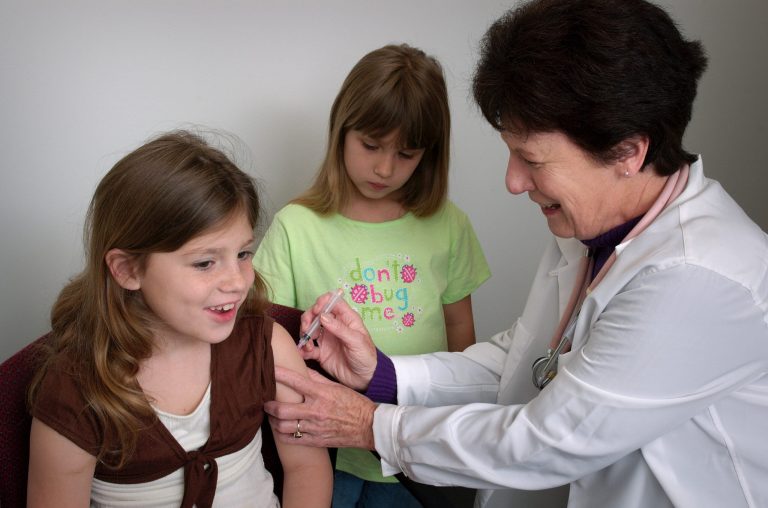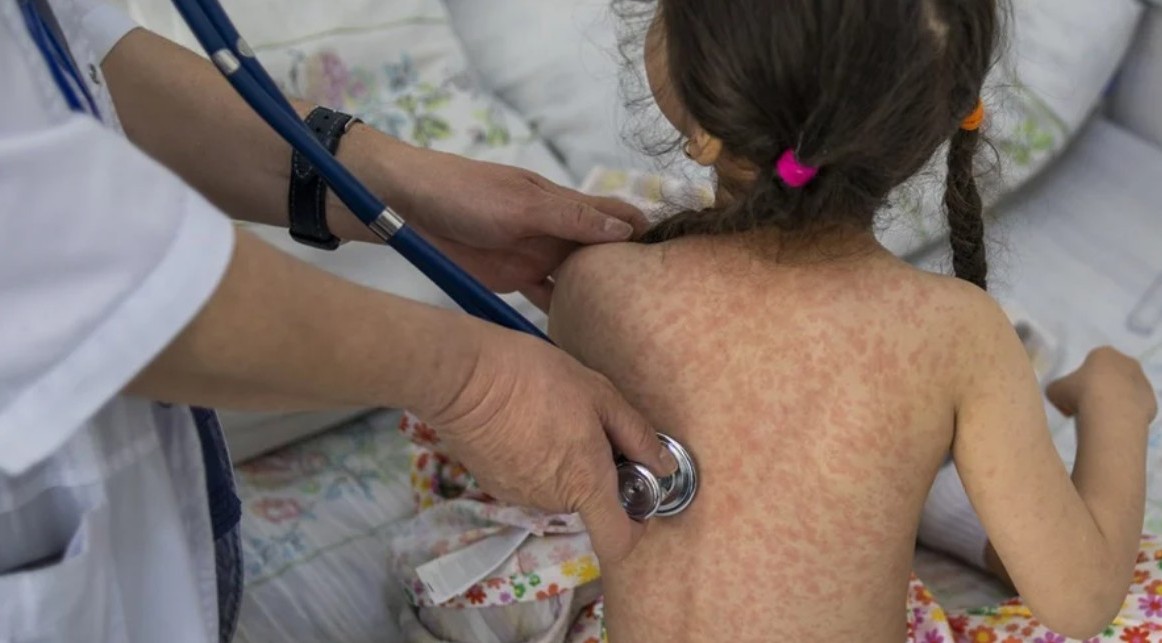The surge in treatable diseases

While Covid is still a health threat, it is not the dominant story it once was with other diseases now taking up more media space.
In America, Europe and Vietnam, a number of deaths have been reported from measles’ outbreaks in recent months. Health officials say measles has reemerged in places where childhood vaccination rates have fallen.
It is a worrying trend that governments have been tracking with renewed interested and urgency. Vaccinating children is one of the most important public health measures that can be taken to ensure everyone’s well-being. Vaccination helps protect children from potentially serious diseases, prevents the spread of contagious illnesses, and plays a significant role in maintaining herd immunity.
Vaccines are designed to prevent or limit the severity of illnesses such as measles, mumps, rubella, polio, whooping cough, and hepatitis. If contracted, these diseases can cause severe health complications and, in some cases, long-term disability or death.
For example, measles can lead to pneumonia, brain damage, or even death, particularly in young children. It is estimated that between 1855 and 2005 a staggering 200 million people worldwide died from measles.
Polio, which has been largely eradicated in many parts of the world due to vaccines, can cause permanent paralysis or death if left untreated. Many people today were not alive in the 1950s when polio was prevalent and, therefore, have little idea of its seriousness.
Vaccinating children is not just an individual responsibility but also a societal one, as it helps protect vulnerable community members.
Some children, such as those with weakened immune systems due to cancer or those undergoing immunosuppressive treatments, may not be able to receive certain vaccines. By vaccinating children who are healthy, a “herd immunity” in effect is created, making it harder for diseases to spread like wildfire.
Herd immunity occurs when significant numbers of the population are immunised, reducing the overall amount of the virus or bacteria circulating in the community. This, in turn, protects those who cannot be vaccinated, such as infants who are too young for certain vaccines, people with medical conditions, and the few individuals who are allergic to vaccines.
Vaccination programs over the decades have been very successful in eradicating or greatly reducing the incidence of deadly diseases. Smallpox, for example, was declared eradicated in 1980, thanks to widespread vaccination efforts. Polio is another disease on the brink of global eradication, with only a few countries still experiencing cases due to vaccination efforts that have all but wiped out the disease globally.
If vaccination rates are boosted, other diseases could also be eradicated or significantly reduced. The Global Vaccine Safety Initiative by the World Health Organisation (WHO) emphasises the importance of immunising all children to achieve this goal. If diseases are eliminated through vaccines, future generations will be less likely to face these health threats.
In recent years there has been a resurgence of diseases that were previously under control, such as measles and whooping cough, largely due to declining vaccination rates. In some areas, misinformation and fear about vaccine safety have led to a rise in vaccine hesitancy, which has contributed to outbreaks of preventable diseases.
Outbreaks of measles in the United States and Europe have been directly linked to communities where vaccination rates have dropped below the threshold necessary for herd immunity.

One of the biggest challenges in promoting childhood vaccination is combating misinformation. Falsehoods about the safety and efficacy of vaccines have spread in recent decades, often fuelled by myths or distorted information circulating on social media. For instance, the discredited claim that the MMR (measles, mumps, and rubella) vaccine causes autism has led some parents to question the safety of vaccines for their children. The autism claim has been debunked time and time again.
Extensive research and monitoring by health organisations like the Centres for Disease Control and Prevention (CDC) and the World Health Organisation (WHO) confirm that vaccines do not cause autism or other long-term health problems.
Parents and caregivers have a moral and ethical responsibility to protect the health and well-being of their children. By vaccinating children, parents are not only safeguarding their own child’s health but also contributing to the safety of others.
The Australian Government provides information on immunisations here: https://www.health.gov.au/topics/immunisation?language=und
World Immunisation Week (UN) is held annually from April 24 to 30. Details at: https://www.who.int/campaigns/world-immunization-week
Main Image: Young girl being vaccinated. Courtesy www.immunize.org/
Image: A girl with measles. Courtesy World Health Organisation.
We encourage you to share and use this material on your own website. However, when using materials from Majellan Media’s website, please include the following in your citation: Sourced from www.majellan.media
